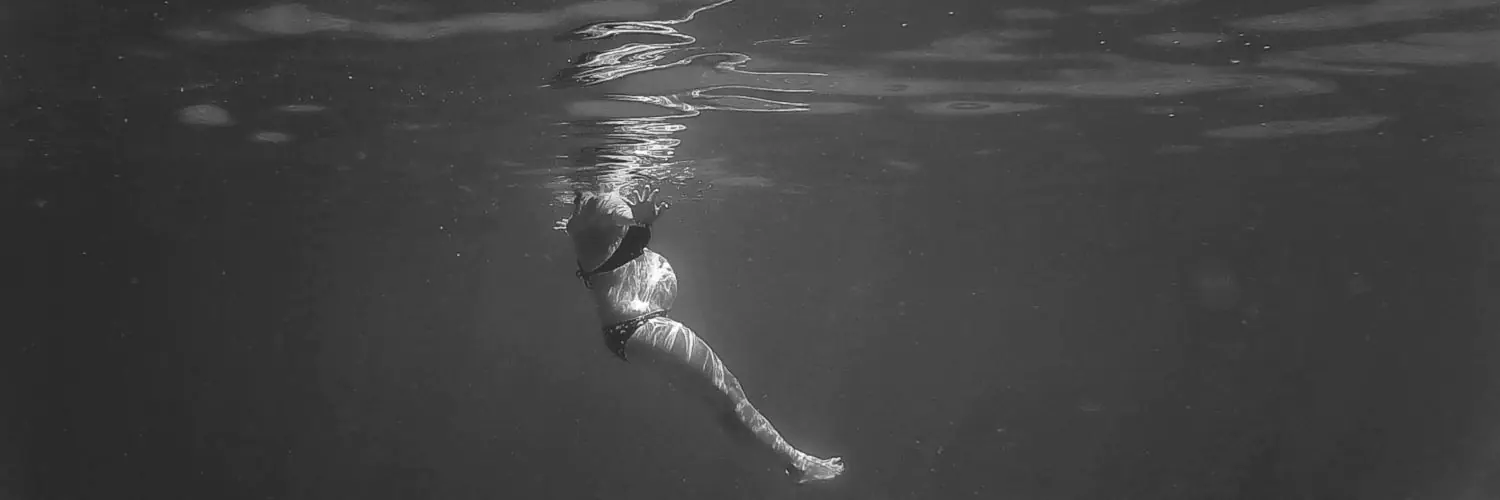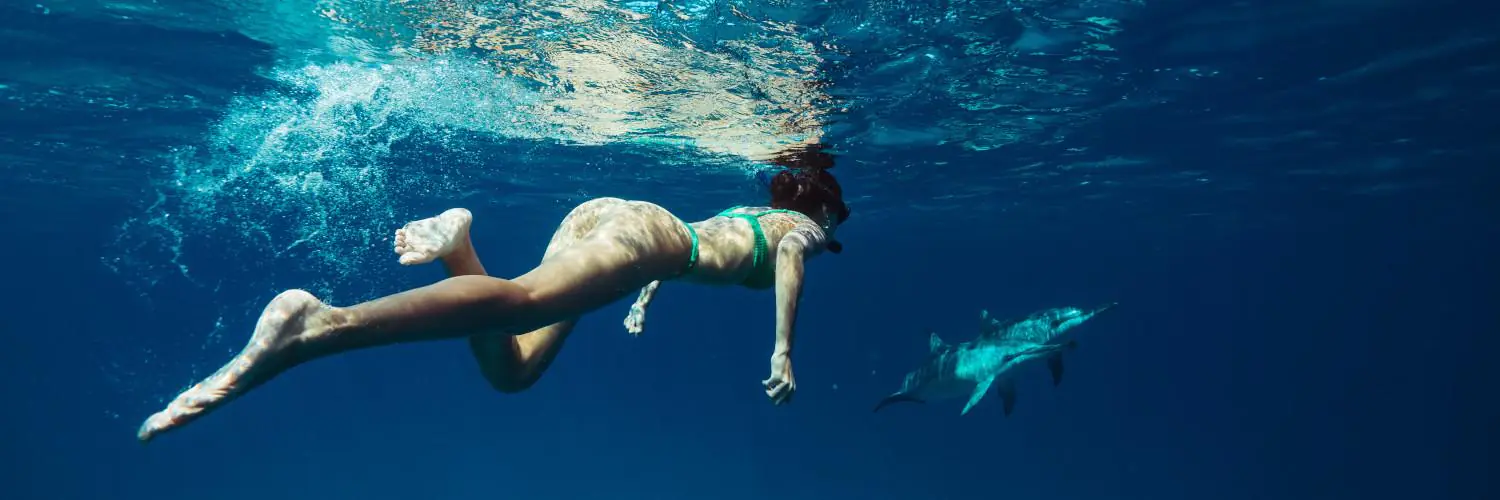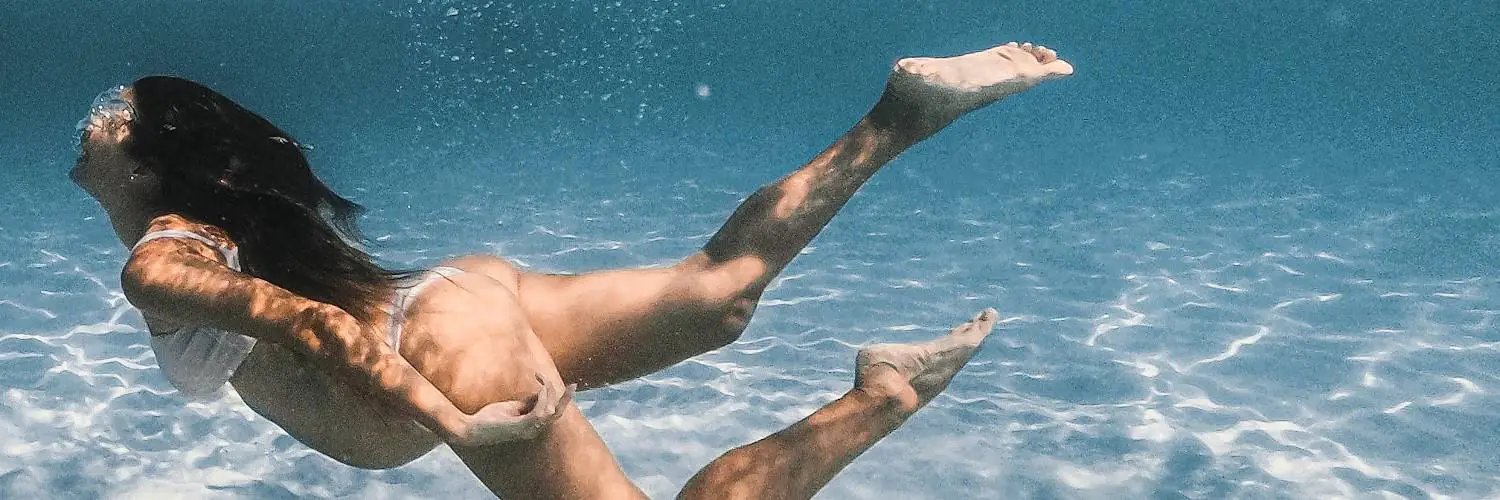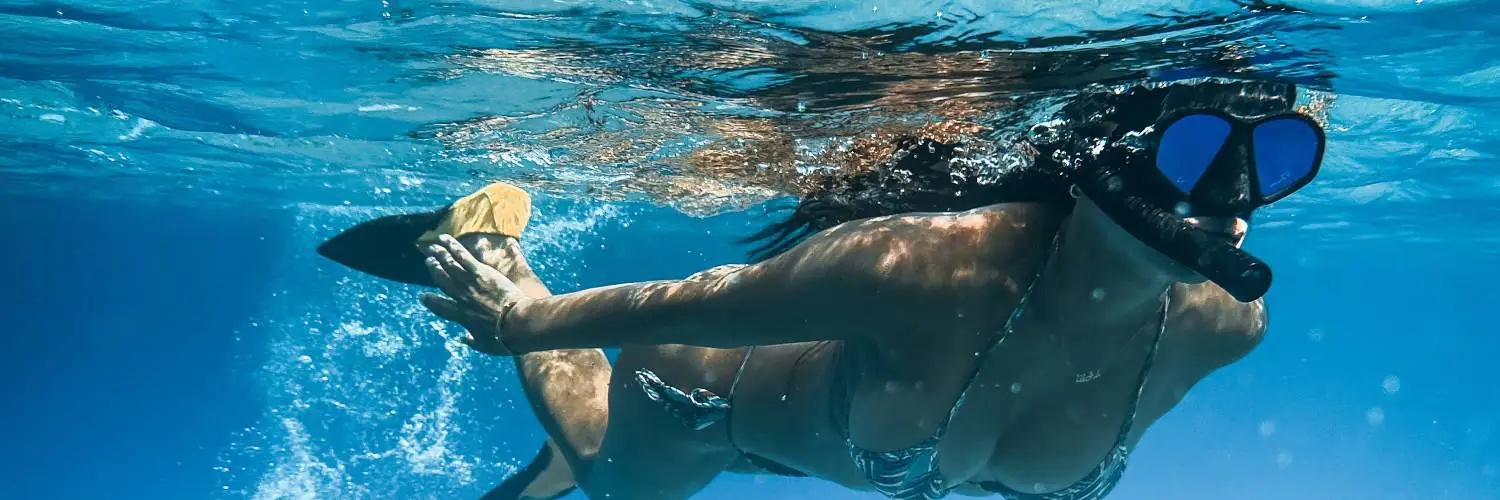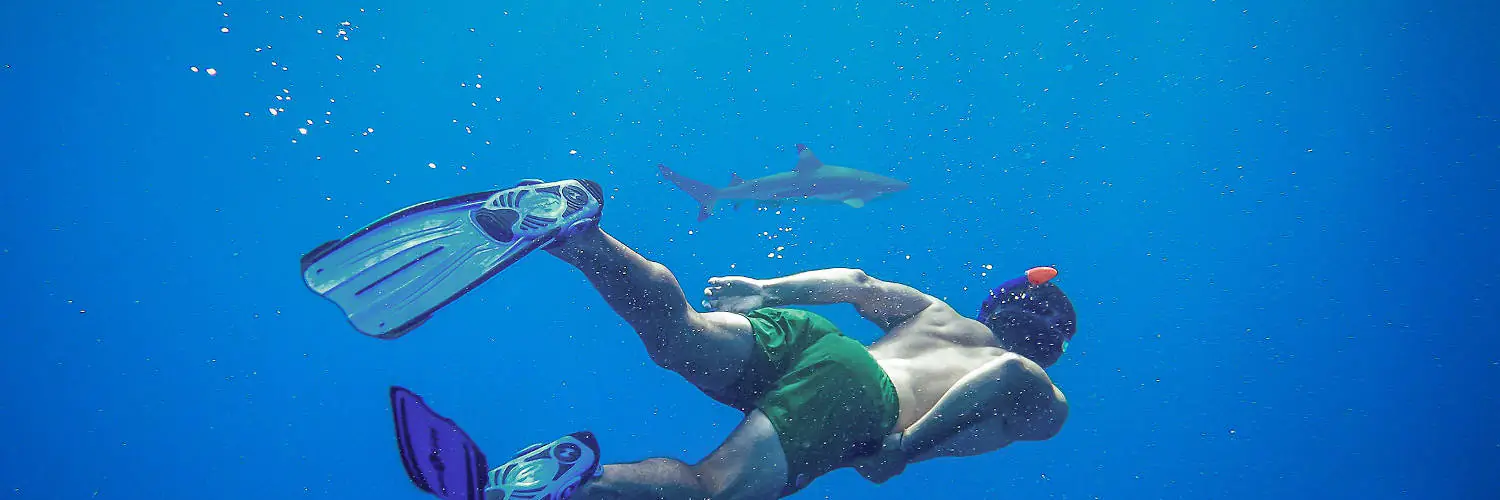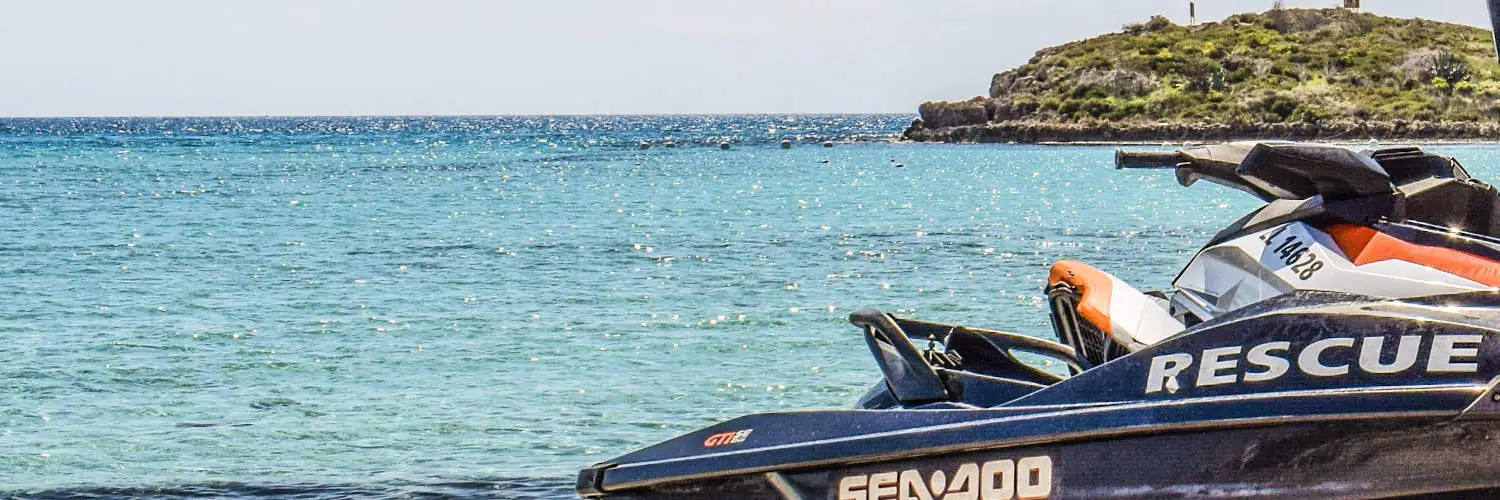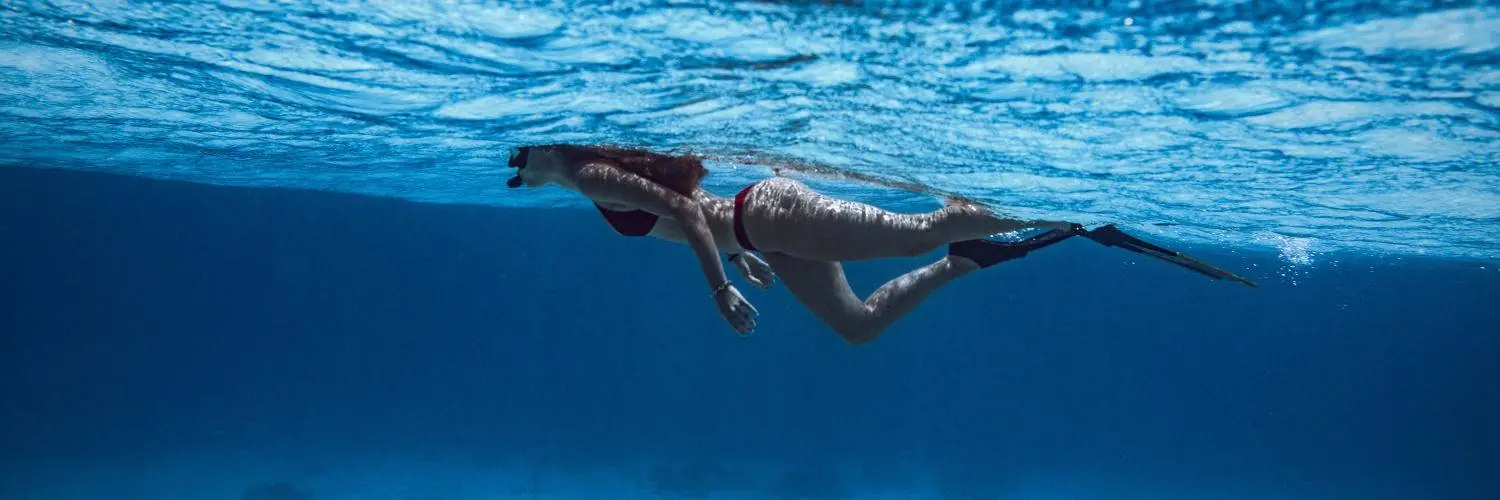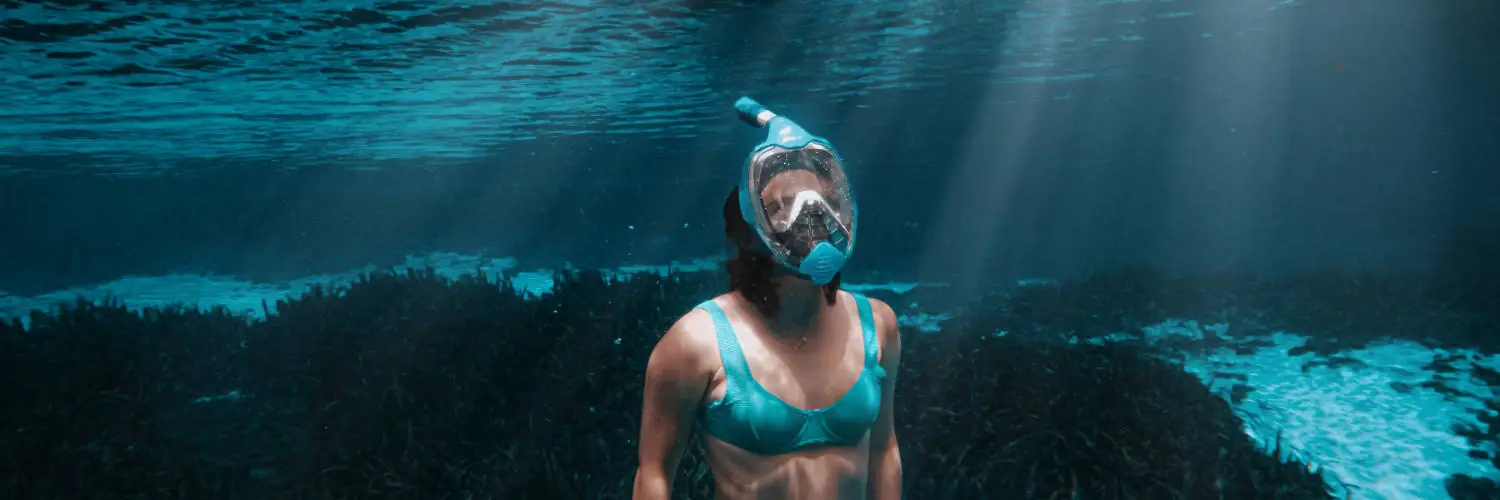Table of Contents
Do You Need a License to Go Snorkeling? Understanding Recreational Regulations
When it comes to snorkeling, the idea of needing a license may come to mind, especially for those new to the activity. It’s important to clarify that no formal license is required for recreational snorkeling). This water sport is widely accessible and enjoyed by people of varying ages and skill levels. Essential to the experience, however, is being comfortable in the water, and while strong swimming abilities are not a mandatory requirement, they certainly contribute to a safer and more enjoyable time exploring marine environments.
Snorkeling equipment is straightforward, typically involving a mask, a snorkel, and fins. Beginners are encouraged to familiarize themselves with the proper use and fit of this equipment to enhance their underwater adventure. For those seeking to guide others or to advance their skills more formally, certifications are available through organizations such as the Professional Association of Diving Instructors (PADI), but these are designed for individuals pursuing professional or advanced recreational endeavors in snorkeling.
Safety remains paramount, irrespective of one’s swimming skills or experience level. Checking weather conditions and understanding personal limitations are critical steps before engaging in snorkeling. Additionally, it is advisable for snorkelers to always stay vigilant of their surroundings and to never snorkel alone. While a license is not a prerequisite for snorkeling, preparation and respect for the water are essential for a safe and rewarding experience.
Snorkeling Basics
In snorkeling, the right gear and understanding of techniques are critical. It’s essential to have a comfortable grasp on using equipment and employing safe practices to fully enjoy the experience and mitigate risks.
Understanding Snorkeling Gear
Snorkeling does not require a license, but having the appropriate gear is crucial for a successful outing. The basic equipment includes a snorkel, a mask, and fins.
- Snorkel: A breathing tube that allows you to breathe while your face is submerged. Types of snorkels include the classic tube snorkel, a semi-dry snorkel with a mechanism to help keep some water out, and a dry snorkel with a valve that prevents water entry at the surface.
- Mask: Ensures clear vision underwater and should fit snugly without leaking. Use a mask defogger to prevent fogging.
- Fins: Propel you through the water with minimal effort, available in various sizes and styles for comfort and efficiency.
When selecting a wetsuit, consider the water temperature; a wetsuit helps with buoyancy and protecting against the cold.
Techniques and Safety
Understanding basic snorkeling techniques and safety practices can enhance your experience and prevent accidents.
- Breathing: Breathe calmly and deeply through the snorkel; never hold your breath as it can lead to dangerous situations.
- Swimming Skills: You need to be a proficient swimmer, comfortable in water, and capable of handling currents and waves.
- Environment: Stay aware of surrounding marine life such as fish, coral reefs, and animals. Avoid touching or disturbing the ecosystem, particularly coral, which can be fragile.
When diving underwater, known as freediving, practice caution. Always be aware of the risk of encountering jellyfish, sharks, and other marine creatures. Additionally, be mindful of the weather and water conditions to minimize the risk of accidents, as tourist deaths, though rare, have occurred due to neglecting basic safety measures. Remember that panic can be a significant contributor to snorkeling incidents, so remaining calm is key.
Regulations and Environmental Considerations
The pursuit of snorkeling brings individuals into direct contact with delicate underwater ecosystems. Regulation adherence and environmental mindfulness are paramount for both snorkelers and the habitats they explore.
Legal Requirements and Certification
In most locations, snorkelers are not required to obtain a license or certification to dive in to open water or shallow waters. However, it is highly recommended that snorkelers have basic swimming lessons and a solid understanding of snorkeling techniques. For those engaging in scuba diving, a certification from a recognized authority is necessary due to the increased complexity and risks. Snorkelers should always check local regulations, as some protected areas may have specific access rules.
Preserving the Underwater Environment
Ensuring the conservation of coral reefs and marine life is a shared responsibility. Snorkelers are encouraged to:
- Use reef-safe sunscreen to prevent chemical damage to coral reef ecosystems.
- Avoid physical contact with coral and marine wildlife to prevent unintentional harm.
- Be aware of and respect ocean currents and natural settings to maintain personal safety and environmental integrity.
Locations and Wildlife Encounters
Snorkeling offers the opportunity to observe diverse marine wildlife in locales such as the Bahamas, Maldives, and the USAT Liberty wreck in Bali. It’s crucial for snorkelers to:
- Choose locations like Florida or the Maldives with abundant fish, whale sharks, and turtles for enriching encounters.
- Understand that interactions with marine life should be conducted with respect and caution to avoid disturbing their natural behaviors and habitats.
When snorkeling, the overarching goal is to enjoy this fascinating hobby with a deep respect for nature, ensuring that these underwater treasures are left undisturbed for future generations to appreciate.

